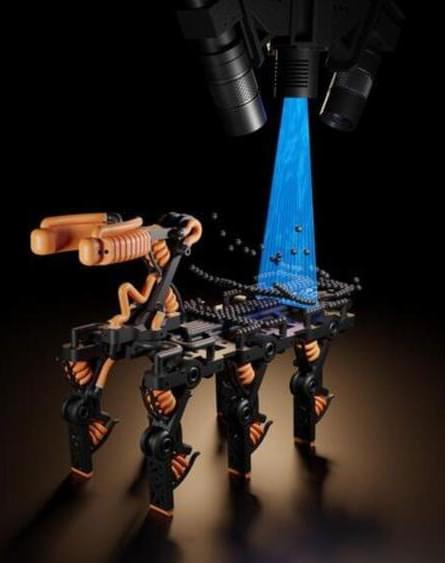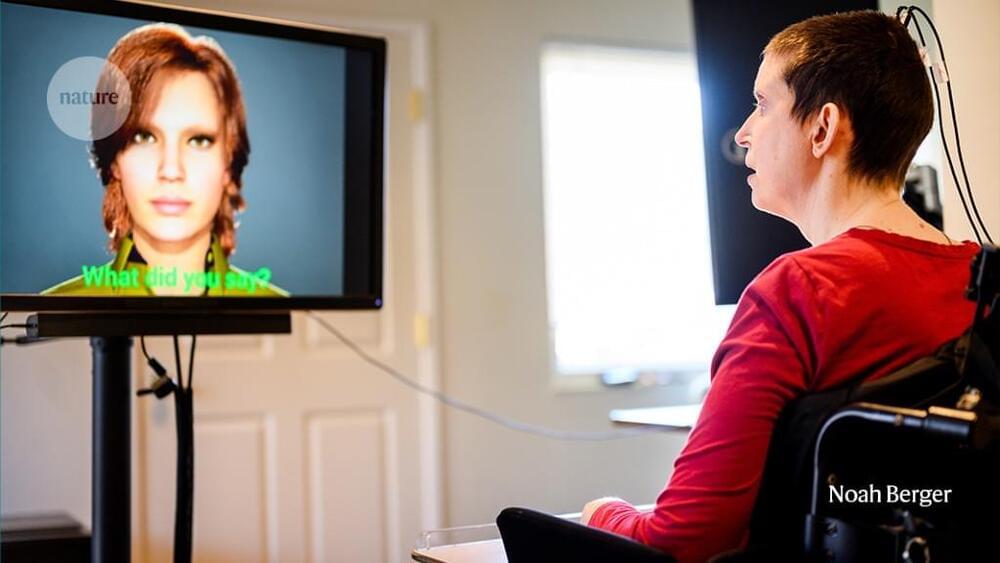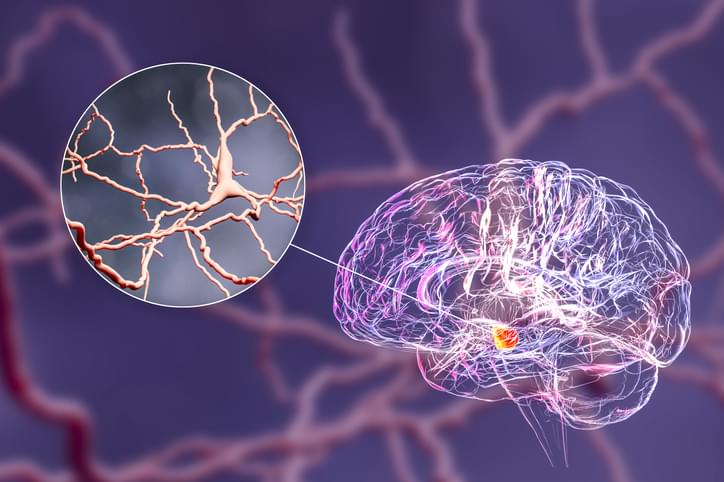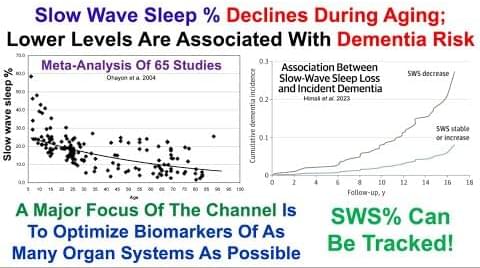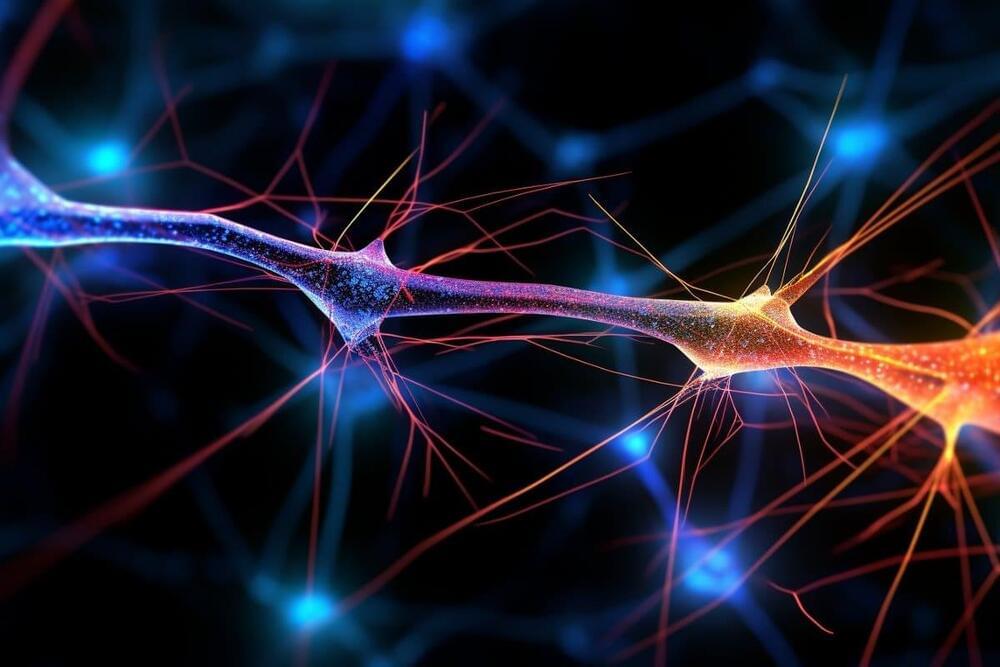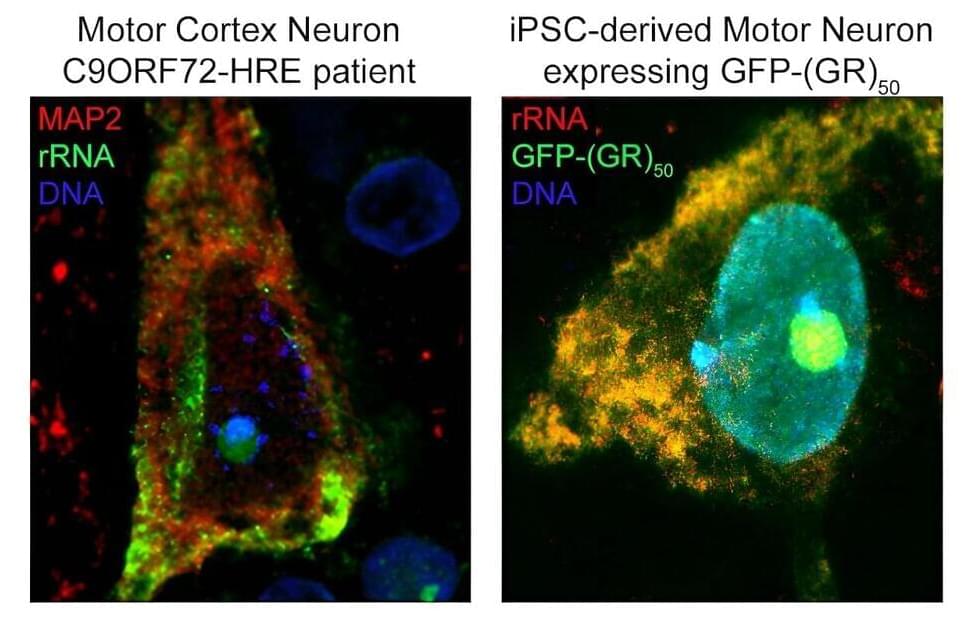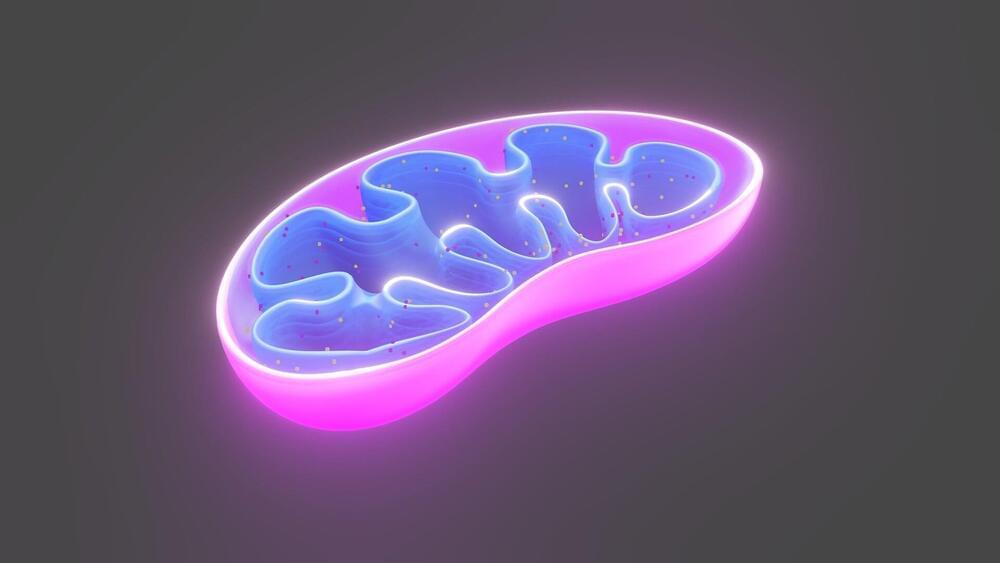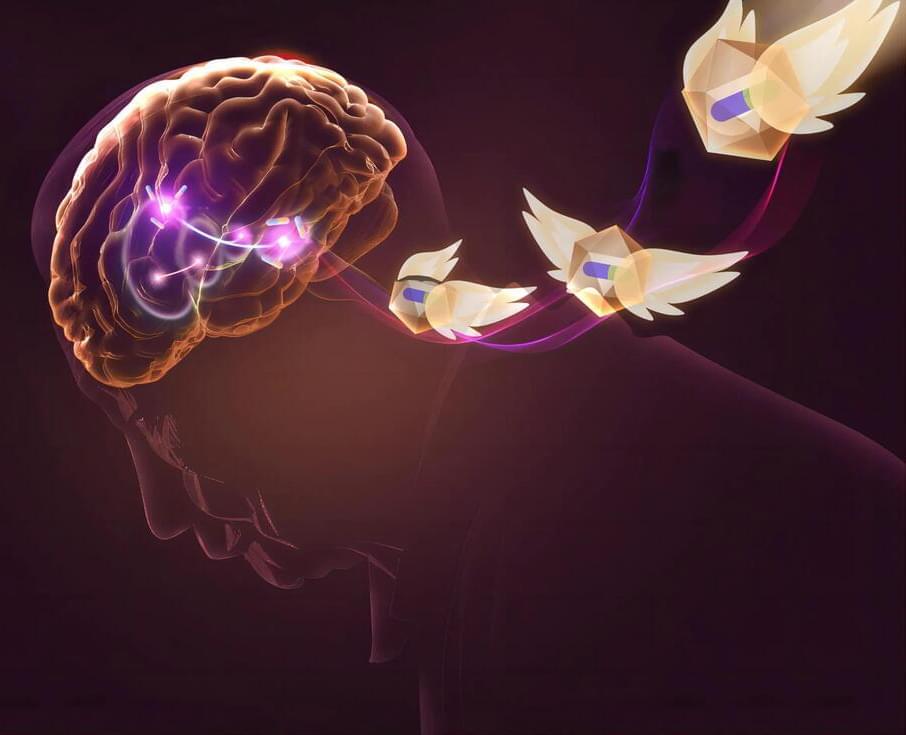Nov 16, 2023
This new 3D printer has eyes, a brain, and prints perfectly
Posted by Gemechu Taye in categories: materials, neuroscience
This is almost like endowing a printer with a set of eyes and a brain, where the eyes observe what is being printed, and then the brain of the machine directs it as to what should be printed next.
Moritz Hocher.
Traditional systems use nozzles to deposit tiny drops of resin, smoothed over with a scraper or roller and then curved with UV light. However, this smoothing limits the materials that could be used since slow-curing resins could be squished or smeared.
Continue reading “This new 3D printer has eyes, a brain, and prints perfectly” »
